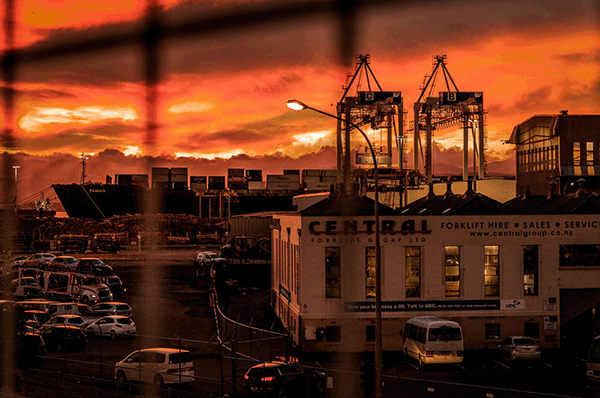Motu: Local growth – it’s complex!
Local job networks promote growth in big cities, but not in small towns. Wellington docks. Photo by James Coleman.
Current European regional policy promotes “smart specialisation” by encouraging regions to expand into activities that “build on local strengths". Smart specialisation rests upon the idea that bringing together people with complementary skills helps them generate new ideas that boost innovation and growth. But does this actually work?
Recent analysis by Benjamin Davies and Dr David Maré, both of Motu Economic and Public Policy Research, examines the potential for this way of generating ideas to promote urban employment growth in New Zealand. They find that, in New Zealand, the presence of related industries in an area is not a strong predictor of local employment growth.
The research draws upon the ideas of relatedness and complexity. Relatedness captures the extent to which the jobs in a region depend on the presence of other local activities. Complexity captures the extent to which workers benefit from the presence of other workers with complementary skills or businesses do better when related activities are present locally. For example, management consultants need clients, whereas university lecturers are more able to ‘go it alone’.
Complex activities experienced faster employment growth during the period of study, especially in complex cities. However, this growth was not significantly stronger in cities where there were more firms engaged in related activities. Relatedness and complexity appear to be relevant for analysing how large, complex cities grow, but offer less information about growth trajectories for small towns. This result is consistent with the idea that cities are dense networks of interacting activities. In our New Zealand data, the benefits of such interaction are more apparent in larger cities, in which workers with similar skills interact more frequently.
The study, “Relatedness, Complexity and Local Growth”, received funding from Te Pūnaha Matatini, and from the Better Homes, Towns and Cities National Science Challenge.
Date posted: 14 March 2019

